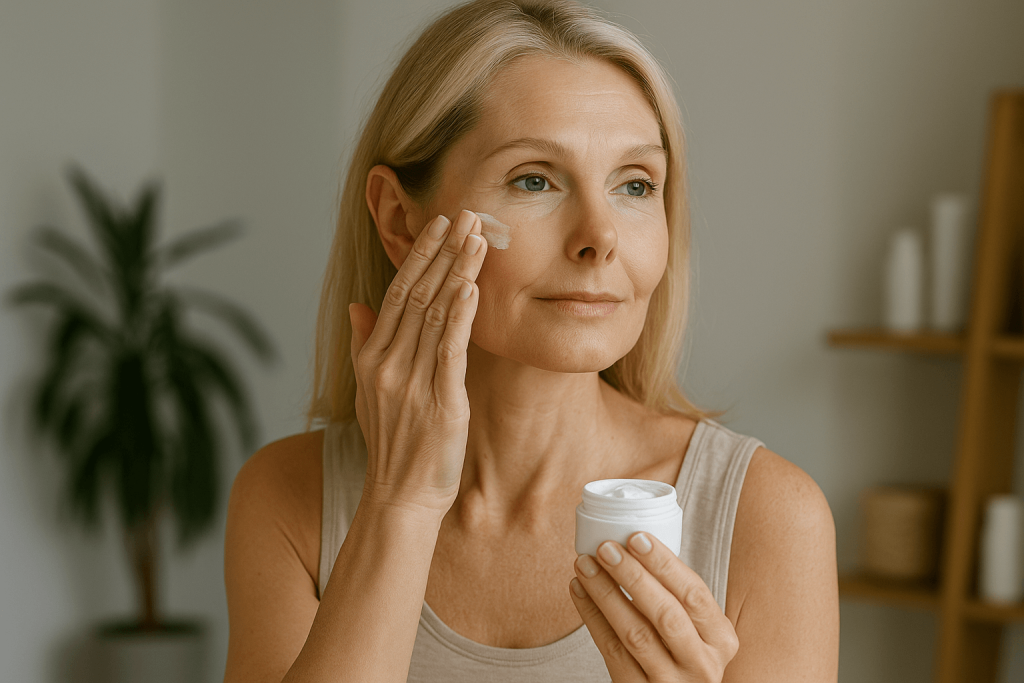The Retinol Myth: What Your Skin Really Needs for Safe and Effective Anti-Aging

Retinol is often marketed as the ultimate solution for wrinkles, acne, and uneven skin tone. But while it’s one of the most studied skincare ingredients, it’s also one of the most misunderstood. So—do you really need it?
What Retinol Does (and Doesn’t Do)
Retinol, a derivative of Vitamin A, speeds up cell turnover, encourages collagen production, and unclogs pores. However, it can also trigger dryness, peeling, redness, and sensitivity—especially if overused or applied incorrectly.
Common Myths About Retinol
- Myth 1: “The stronger, the better.”
→ In reality, higher concentrations don’t always mean faster results—and they’re more likely to cause irritation. - Myth 2: “Everyone needs it.”
→ Not true. Sensitive skin types, pregnant women, or those with eczema may do better with alternatives. - Myth 3: “You can’t use it in summer.”
→ You can—as long as you use daily SPF and moisturize properly.
Better (and Gentler) Alternatives
- Bakuchiol – A natural, plant-based alternative that mimics retinol’s effects without the irritation
- Peptides – Help with firmness and fine lines
- Niacinamide – Evens tone, calms redness, and supports barrier health
Final Verdict
Retinol can be powerful, but it’s not one-size-fits-all. The best skincare routine is the one your skin actually tolerates—and loves.



